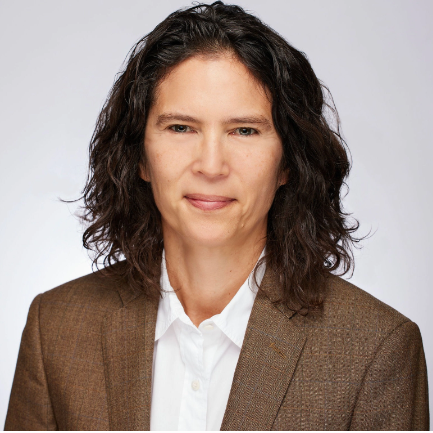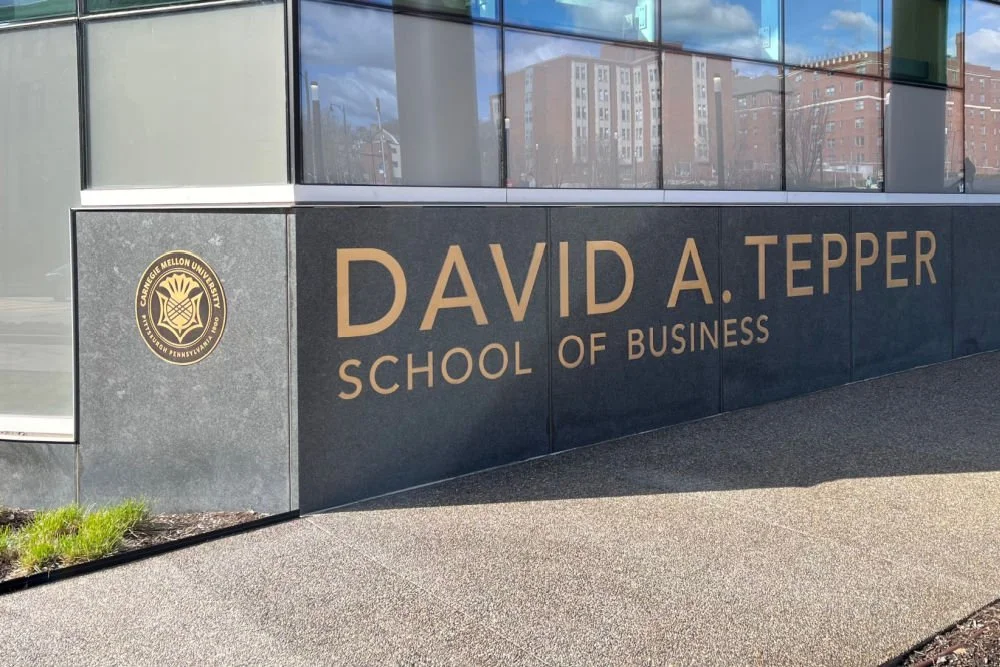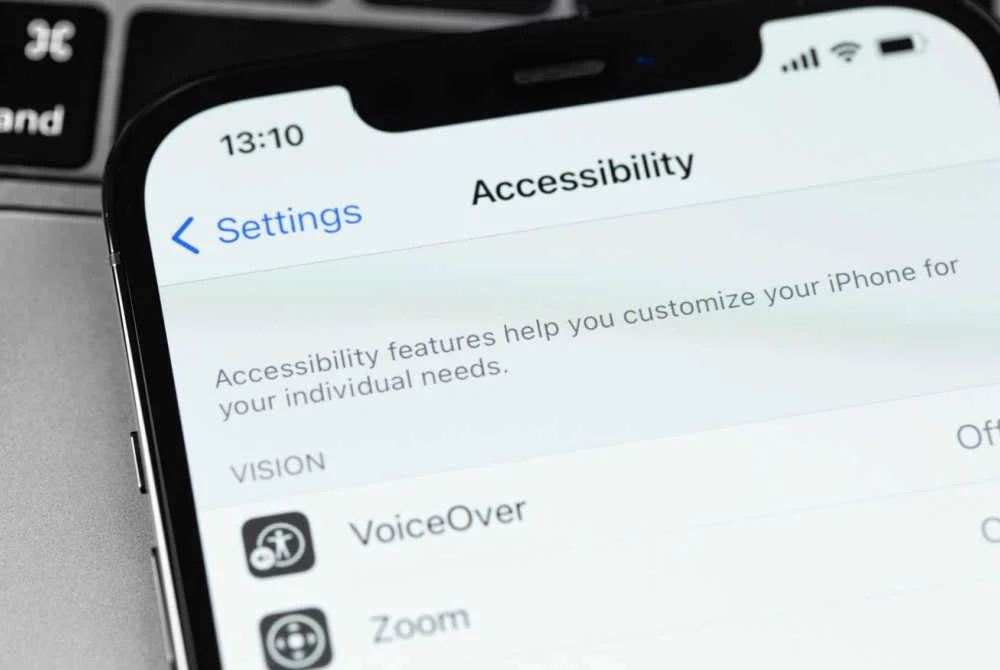Is Gates Gearing Up for a Fight Against Poverty at Home?
/photo: lembi/shutterstock
Of the $500 million the Bill and Melinda Gates Foundation invests annually in the U.S., nearly all of it goes to supporting education. Whether that might soon change with a new push by the foundation against domestic poverty is among the more intriguing questions in philanthropy right now. If the nation's biggest grantmaker does take on economic mobility issues in a big way, it could have a profound impact on the ecosystems of both nonprofit organizations and public agencies focused in these areas.
Is the foundation ready to take the plunge into U.S. poverty issues? And if it does, how might that work unfold? More clues have been emerging on both counts.
In their recent annual letter, Bill and Melinda reflected on the 10 toughest questions they get. At the top was why they don't do more grantmaking domestically. The foundation’s $4 billion investment abroad dwarfs the $500 million that goes to U.S. programs. A lot of that boils down to how much further a dollar goes abroad than at home, but in their answer, the Gateses hinted at changes in their domestic giving.
The couple has been looking at how they might expand work in the U.S. beyond education, and last fall, took a trip to the American South to learn more. The trip reinforced their commitment to education and its ability to level the playing field for low-income students. But it opened the door to broader work, too.
“The visit also made us think through other ways we could help people get out of poverty. The issues of economic mobility in America are deeply intertwined: education, employment, race, housing, mental health, incarceration, substance abuse,” Bill Gates wrote.
Lessons From Local Grantmaking
The Gates Foundation is not entirely a newcomer to these complex challenges. In fact, if you're looking for hints as to how the foundation might tackle poverty, one place to start is with its grantmaking in its home region of the Pacific Northwest. The foundation describes that work in broad terms:
There is no single solution to breaking the cycle of poverty. By helping to create community conditions that support the region’s most vulnerable families in critical ways, we can increase their chances of having stable housing, finding employment, building a secure future, and raising healthy, confident children who will succeed in school, college, and life.
The foundation's local grantmaking strategy has a number of components. And while education is a key part of this work, as you might expect, tackling family homelessness has also been a top priority—guided by the belief that reliable housing is a core pillar of family stability and childhood success. The foundation's CEO, Susan Desmond-Hellman, has said that a "stable place to call home" is one of the "few things that every child needs to lead a healthy, productive life." Among other things, the Gates Foundation has been keenly interested in the link between housing stability and education success, as research piles up suggesting that frequently moving and other unstable housing situations can have serious negative impacts on kids' academic achievement.
The foundation has been involved in local public-private partnerships to address these linkages. In 2015, Gates program officer Kollin Min told us, "We are just kind of taking baby steps with thinking about these issues... We've come to the firm point of view that for many children challenged by housing and mobility issues, it really is important to try to bring systems together, and that's really the only way that we can improve outcomes."
The Gates Foundation is also working on early childhood education in the Pacific Northwest—a strategy that many anti-poverty experts view as a key to ensuring greater opportunity for kids born into disadvantaged circumstances.
Related:
- Can Gates Break Down the Silos Between Housing and Education?
- Where is the Gates Foundation Going With Funding For Early Childhood Education?
Finally, a key part of the foundation's strategy to promote more opportunity in the Pacific Northwest is to strengthen communities, with a focus on fostering more philanthropy, a stronger charitable sector, and better collaboration. "Strong communities need the capacity to create opportunity and to solve their own problems," the foundation states.
A Deep Research Dive on Poverty
In the annual letter, Bill Gates made clear that the foundation was actively considering a big move on poverty. "We haven’t decided how what we’ve been learning might affect our giving, but it has certainly had an effect on us. We will share more about our approach when we have settled on a strategy."
Over the past two years, the foundation has been doing some serious homework on mobility issues—as it usually does when exploring a new area. The foundation partnered with the Urban Institute to fund the U.S. Partnership on Mobility from Poverty. Two years ago, when this initiative was launched, we talked to the foundation's point person for the effort, Ryan Rippel, who described the undertaking as "reflective of the foundation’s broader mission, which is to learn and reduce inequities around the world, and in the United States.” He also said at the time that the foundation’s core priorities are “very much the same same. They are not changing as a result of this initiative.”
The group assembled for this deep dive included some top experts and practitioners on poverty, including David Ellwood of Harvard’s Kennedy School, AEI president Arthur Brooks, Aijen-Poo of the National Domestic Workers Alliance, and Robert Greenstein, director of the Center for Budget and Policy Priorities. The group was charged with answering the question, “What would dramatically increase mobility from poverty?” During the two-year period, the partnership met with people living in poverty from regions all over the country, which informed their deliberations, said Nisha Patel, the partnership’s executive director.
Related: Now This Is Interesting: The Gates Foundation Backs a Big New Look at U.S. Poverty
Recently, the partnership released a report that summed up its high-level findings. And while the foundation has not committed to funding the ideas the partnership advanced, looking at its findings could lend a sense of what’s on the funder’s radar.
The partnership recommended five interlocking strategies to encourage economic mobility in the U.S.: changing the narratives around poverty, creating access to good jobs, ensuring that zip code is not destiny, and providing support that empowers and takes the whole person and family into consideration.
The report is meant for both the private and public sector, but Patel expects philanthropy will have a big role to play if the recommendations are realized. “For some of the ideas we’ve put forward, philanthropy will play a key, catalytic role in launching some of these ideas. They’re new ideas in some of these cases that haven’t been tried before, so they require some demonstration and proof of concept,” she said.
A big part of the partnership’s emphasis is on narratives around poverty and how to change them. “When I talk about narrative, it’s the stories we tell ourselves—why it is that we believe that people are in poverty,” Patel said. “What we believe the reasons [to be] helps inform what we, philanthropy as a field, and government, choose to invest in.”
Part of that will be highlighting the influence of structural barriers that make moving out of poverty difficult, Patel said. At IP, we’ve often critiqued philanthropy’s tendency to focus anti-poverty efforts on local service-oriented work, while ignoring the structural and systemic barriers that hinder economic mobility.
Is the Gates Foundation—led by a billionaire businessman and his wife—really ready to take on some of the failures of U.S. capitalism, including a low-wage economy and lax labor rules that leave millions of workers in or near poverty? That question goes to the heart of a perennial debate about philanthropy: Can donors and institutions that are a product of an unequal economic status quo ever be expected to challenge that status quo? How Gates proceeds on domestic poverty is an important test of philanthropy in this regard.
In the end, though, the calculation by Bill and Melinda may boil down to more practical considerations: Does the foundation have the bandwidth to take on a sprawling challenge that has defied solutions for decades? The Gateses have made no secret of their frustration and disappointment with their K-12 crusade, even as they remain committed to this area. Do they have the appetite for entering into another endless struggle where, to be frank, failure is more likely than success?
Stayed tuned.
Related: Systemic Failure: Four Reasons Philanthropy Keeps Losing the Battle Against Inequality







































